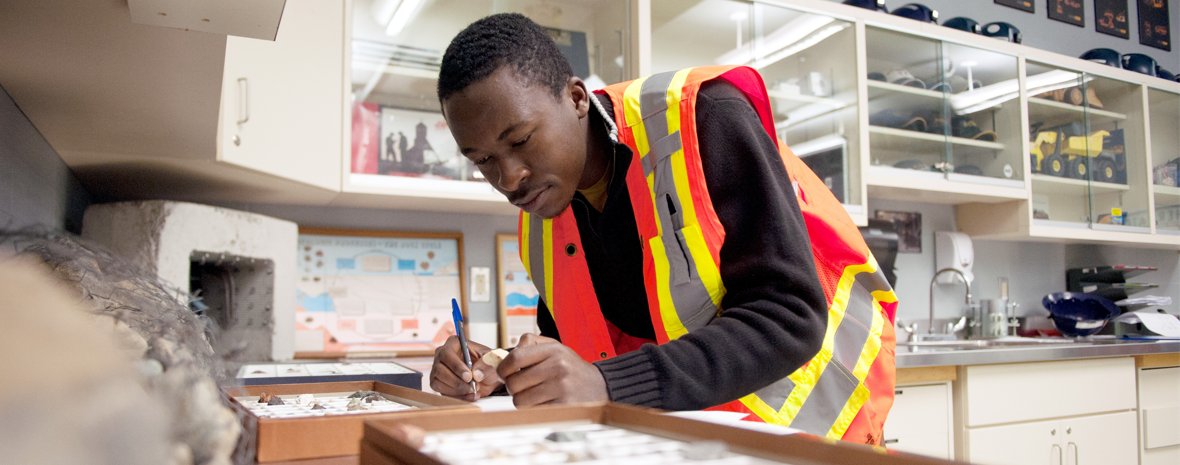Collège Boréal launches Mining Potential, a new program to help the industry address labour shortages in Northern Ontario

Focus on women, youth and newcomers
The Mining Industry Human Resources Council (MiHR), a non-profit, independent organization, developed the Mining Potential program to address the industry’s labour market challenges by helping to prepare underrepresented groups for employment in the sector. It aims to engage and empower women, youth and newcomers by exposing them to the mining sector through learning experiences, making them ready to enter the work force. This customized training is part of Collège Boréal’s long tradition of offering condensed, targeted programs designed to meet the current needs of employers.
Safety first
Students of this program will learn the essential skills they need to enter the mining industry with a focus on safety, thanks to hands-on activities and experience-based guidance by industry experts. The curriculum was created to provide case studies, documents and standards validated by the industry. Upon completion, graduates will obtain a certificate of achievement from MiHR and Collège Boréal, as well as Collège Boréal certificates such as WHMIS, CPR, Working at Heights and Service Type Common Core.
A program backed by the industry
The labour shortage in Canada’s minerals and metals sector is a well-known problem that affects Northern Ontario in particular. In an effort to further stimulate student enrollment in the Mining Potential program, companies such as Newmont Corporation, Huron Mining and Lake Shore Gold have partnered with Collège Boréal to make this $250 per student program even more affordable and complete. Newmont Corporation has signed on as a sponsorship partner, covering program fees for 10 students while Huron Mining is providing a third-party common core training, basic underground hard rock mine service-type common core. Lake Shore Gold will be offering site visits and opportunities for students to hear guest speakers.
